How censorship shaped the legacy of 1960s classic rock.

The 1960s were an era of counterculture, revolution, and pushing societal boundaries. While artists explored bold themes like love, rebellion, and social change, many of their songs clashed with conservative norms and found themselves banned or censored. From suggestive lyrics to political commentary, these tracks stirred controversy and defined an age of artistic defiance.
Whether silenced for their content or misunderstood for their messages, these 11 iconic rock songs proved that music could challenge authority and change history.
1. “Let’s Spend the Night Together” by The Rolling Stones faced backlash for suggestive lyrics.

The Rolling Stones were no strangers to controversy, but their 1967 hit “Let’s Spend the Night Together” struck a nerve with the BBC. The suggestive nature of its lyrics—boldly encouraging intimacy—was too much for the network, which refused to air the song. Even during a live performance on “The Ed Sullivan Show,” Mick Jagger had to modify the lyrics to “Let’s spend some time together,” an obvious nod to the censorship.
Despite the backlash, the controversy only added to the band’s rebellious persona, endearing them further to their countercultural fans. The ban ironically fueled public interest, cementing the song as an anthem of youthful defiance. Today, it’s a reminder of how the Stones continually challenged norms, pushing rock music—and its cultural influence—into uncharted territory.
2. “Brown-Eyed Girl” by Van Morrison was banned for a romantic line.

Van Morrison’s “Brown-Eyed Girl” (1967) became a classic, but its line “making love in the green grass” was too risqué for some radio stations at the time. This playful depiction of youthful romance was deemed inappropriate, leading to bans in more conservative areas. Some broadcasts replaced the phrase with a less provocative line, ensuring it could still reach audiences.
Interestingly, the censorship didn’t dull the song’s charm; instead, it helped position “Brown-Eyed Girl” as a nostalgic, slightly rebellious love anthem. Its legacy proves that sometimes, a little controversy can elevate a track’s cultural significance.
3. “Louie Louie” by The Kingsmen sparked an FBI investigation.
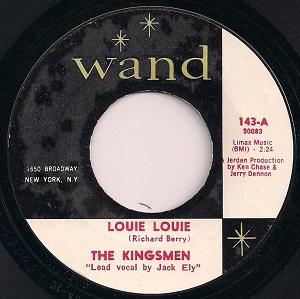
Few songs have sparked as much hysteria as The Kingsmen’s 1963 hit “Louie Louie.” The slurred lyrics led to rampant speculation about their content, with parents and officials fearing obscenity. The panic grew to such heights that the FBI conducted a lengthy investigation into the song. Their conclusion? The lyrics were “unintelligible at any speed.”
This strange chapter only amplified the song’s mystique, turning it into a rock and roll legend. What started as a simple tune about a sailor’s lament became a rallying cry for freedom of expression.
4. “Lucy in the Sky with Diamonds” by The Beatles was tied to drug references.
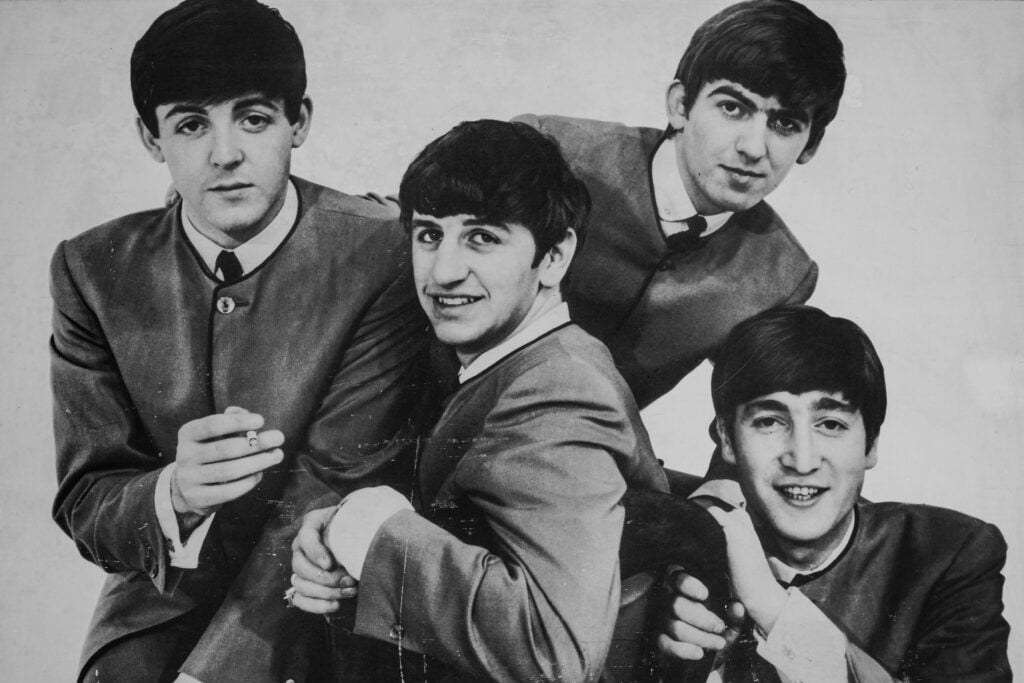
Although The Beatles denied it, many interpreted “Lucy in the Sky with Diamonds” (1967) as a nod to LSD, thanks to its initials and surreal imagery. The BBC wasn’t convinced by the band’s claims that it was inspired by a child’s drawing and promptly banned it from airplay.
Despite—or perhaps because of—this censorship, the song became iconic, cementing The Beatles as pioneers of psychedelic rock. Its banishment only deepened its allure, proving that even misunderstood art could resonate deeply with listeners.
5. “Light My Fire” by The Doors offended censors with a single line.
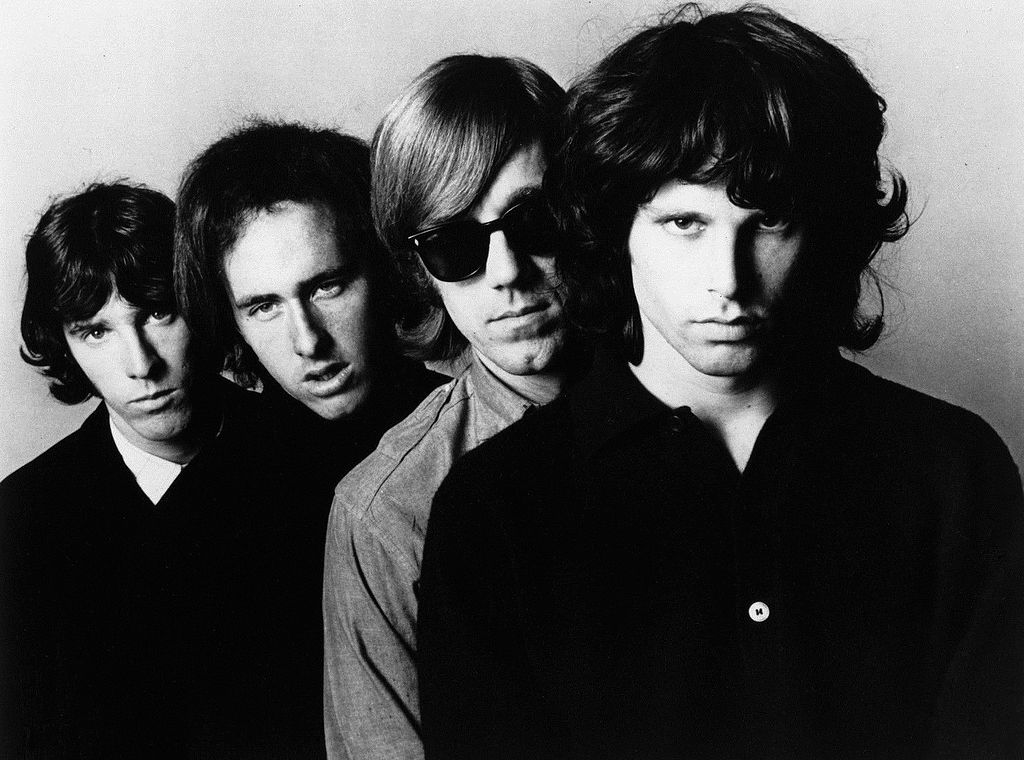
When The Doors performed “Light My Fire” on “The Ed Sullivan Show” in 1967, they were asked to alter the line “Girl, we couldn’t get much higher” due to its perceived drug reference. Jim Morrison famously ignored the request and sang the original lyrics, earning the band a lifetime ban from the show.
The incident only amplified The Doors’ rebellious image, solidifying their place as cultural provocateurs. The boldness of their act underscored rock music’s growing role as a vehicle for countercultural resistance.
6. “Eve of Destruction” by Barry McGuire was silenced for anti-war themes.
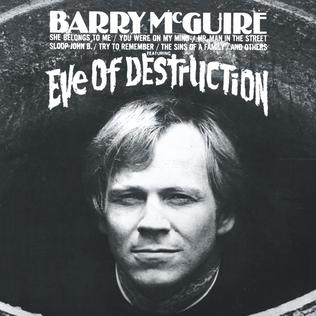
Barry McGuire’s “Eve of Destruction” (1965) delivered a scathing critique of war, social inequality, and governmental hypocrisy. Its unflinching message sparked backlash, with many U.S. radio stations refusing to play it, fearing it would incite unrest.
Still, the song resonated with young listeners who felt disillusioned by the status quo. Its censorship ironically highlighted the very issues McGuire sang about, transforming it into a generational anthem for change and resistance.
7. “God Only Knows” by The Beach Boys upset censors with its title.
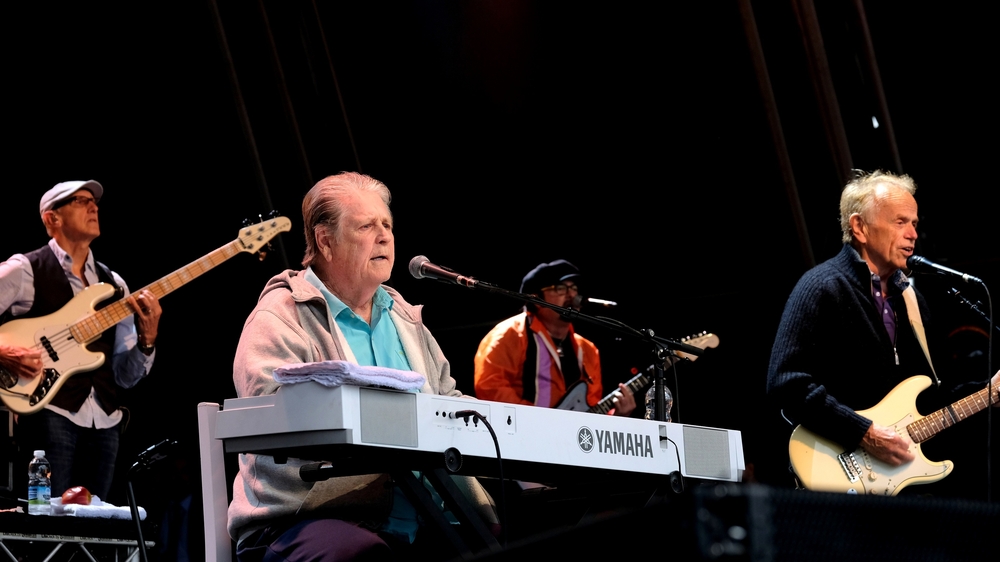
The Beach Boys’ 1966 masterpiece “God Only Knows” faced criticism for its casual use of the word “God” in the title and lyrics. Many radio stations, particularly in conservative regions, deemed it blasphemous and refused to play it.
Despite this resistance, the song endured and is now considered one of the greatest love songs ever written. Its legacy outshines the controversy, showcasing how artistic integrity can triumph over narrow-minded censorship.
8. “Mack the Knife” by Bobby Darin was deemed too violent.
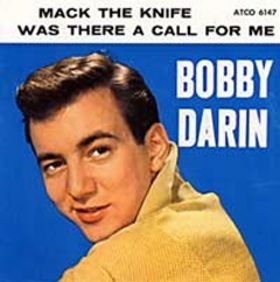
“Mack the Knife,” Bobby Darin’s jazzy tale of a murderous anti-hero, was banned by WCBS radio in New York for its violent undertones. The detailed depictions of crime made it an unlikely target in an era increasingly sensitive to such content.
Interestingly, the ban didn’t stop the song from becoming a massive hit. Its dark humor and infectious rhythm turned it into a cultural touchstone, proving that even controversial material can achieve lasting acclaim.
9. “Tell Laura I Love Her” by Ray Peterson was silenced for its death theme.
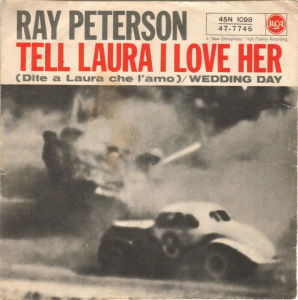
Ray Peterson’s tragic ballad “Tell Laura I Love Her” (1960) faced bans from multiple stations for its dramatic narrative of a boy’s fatal love story. Critics argued that the song was too morbid for young listeners.
Despite this, it struck a chord with audiences and became a chart-topping hit. Its emotional impact and timeless storytelling continue to resonate, demonstrating how art can find a way even when silenced.
10. “My Generation” by The Who was banned for stuttering.
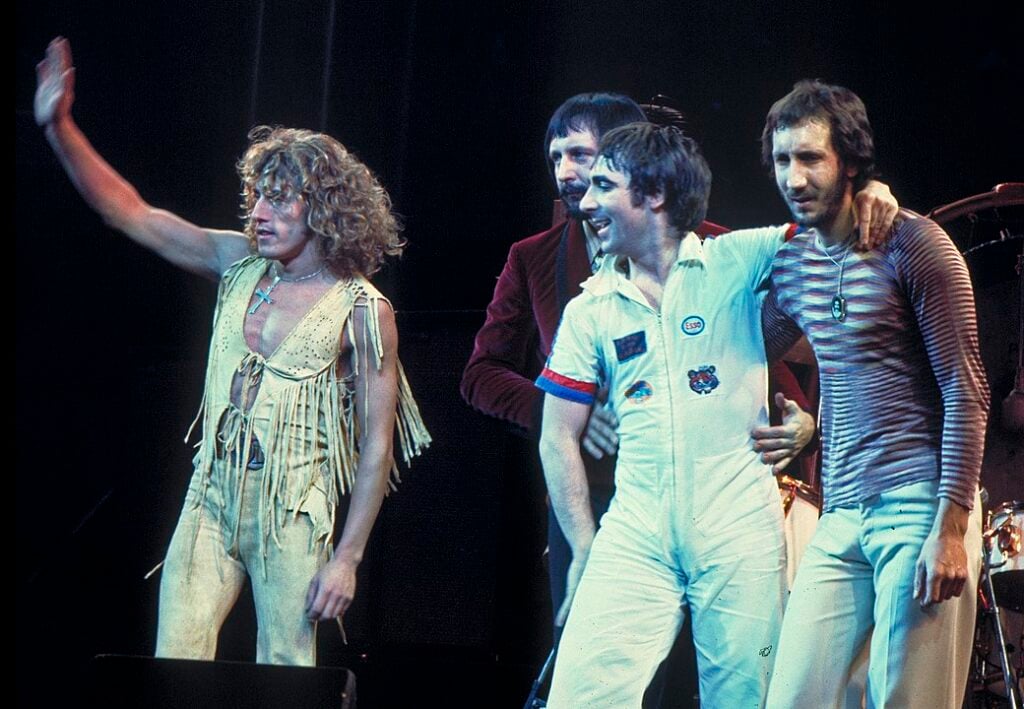
The BBC initially banned The Who’s “My Generation” (1965) because the stuttering vocals were thought to mock individuals with speech impediments. This misinterpretation almost derailed the song’s release.
However, the controversy only added to its rebellious message. The song became an anthem for youth defiance, symbolizing the frustrations of a generation eager to break free from societal constraints.
11. “Leader of the Pack” by The Shangri-Las glorified rebellion.
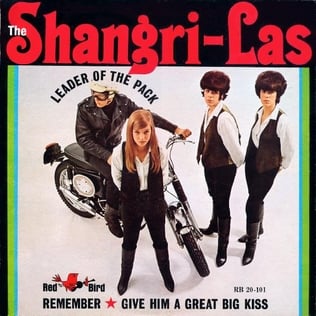
“Leader of the Pack” (1965) was banned by some stations for its portrayal of motorcycle gangs and teenage rebellion. The tragic love story between a “good girl” and a biker was seen as glamorizing delinquency.
Nevertheless, its catchy tune and dramatic storytelling made it an enduring classic. The controversy surrounding its release helped cement its place in rock history as a symbol of youthful defiance.
